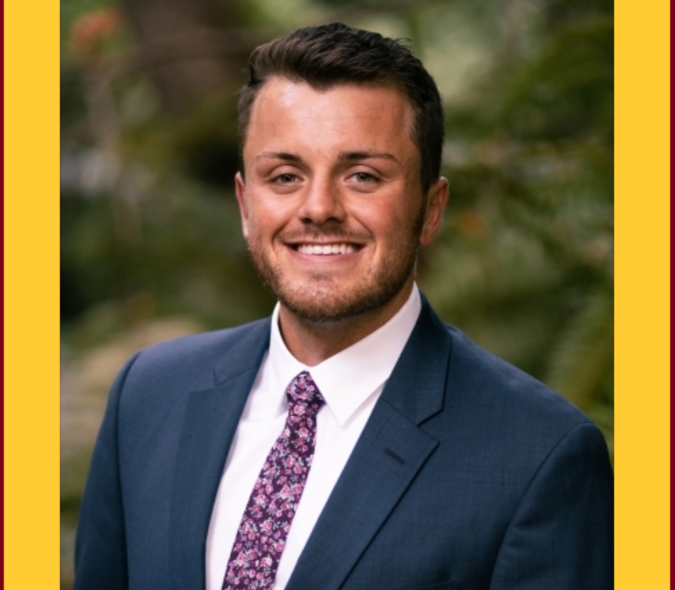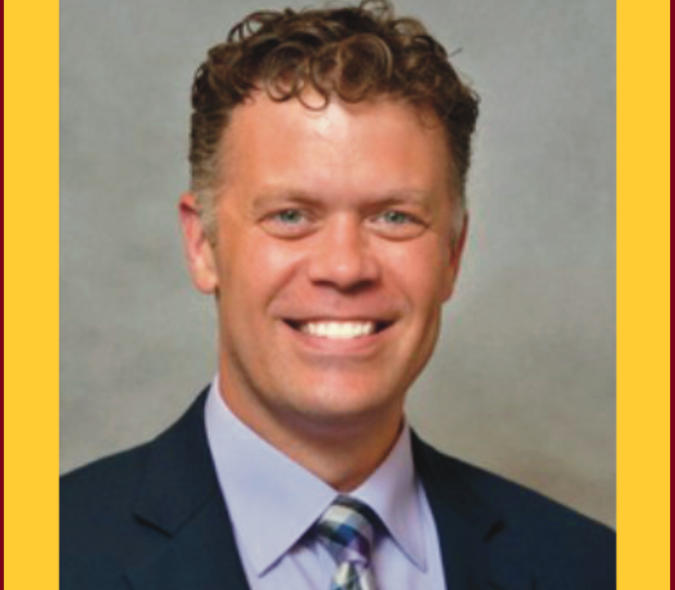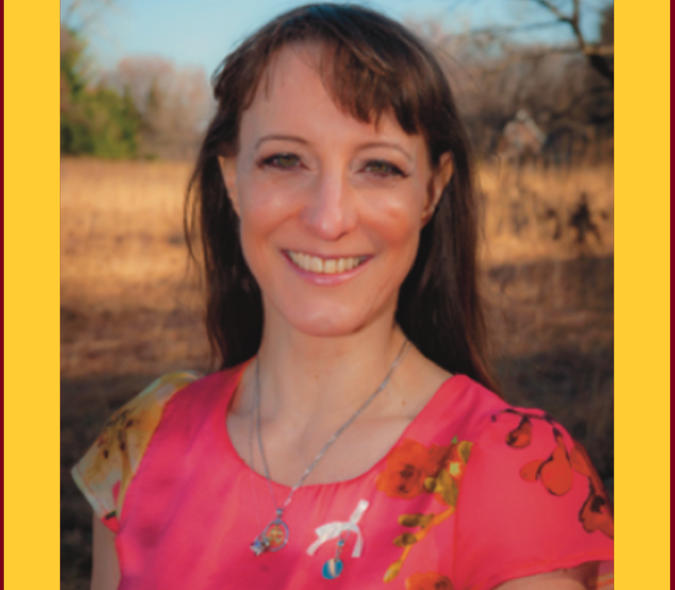
The Rise of Medical Family Therapy
Picture a doctor treating a patient for heart disease in an examination room. Now think about the patient's partner, children, and friends, all of whom are affected by her condition. Suddenly it's not just the patient in the room being treated. In a sense, she's also bringing along everyone who matters to her— emotions, opinions, and family dynamics. How does a provider take all the facets of a patient's health and well-being into account during treatment?
This is the reality that Lisa Zak-Hunter, PhD, LMFT, experiences every day.
As a medical family therapist, she and others in her field offer an integrative, whole-person approach to disease that considers the thoughts, behaviors, and feelings of the patient and those of the people in her life as well.
"It can get very complex, very quickly," she says. "I ask myself, 'What can I do in that moment to respond on more of a family level and not just a patient level?'"
The specialty of medical family therapy has been growing over the years, and family medicine physicians are a natural fit because they already care for families. To address the need for more medical family therapists like Dr. Zak-Hunter, she and her colleagues established a consortium a little over three years ago.
"We needed a forum to let us talk about important issues such as where our field is going, how to raise awareness around what we do, how to enact advocacy efforts, and how to better collaborate to make it all happen," she says.
Their first years have already yielded accomplishments. As the group's chair who facilitates their quarterly meetings, Dr. Zak- Hunter oversaw efforts to create a website, MedicalFamilyTherapy.org. The small group also streamlined their application process so that, similar to the National Resident Matching Program's match process, there is now a standardized timeline for fellowship and internship applications as well as site offers and acceptance. As the number of internship and fellowship sites grow, the group will continue to review their process and make adjustments accordingly.
"We hosted a webinar this year that explained our process to our graduate students so that they had greater knowledge going into the process," she says. "We had fantastic feedback. It's all about setting realistic expectations." After a year or two of intentionally keeping the consortium small in size—serving as a pilot project—they're now seeing more practitioners join. Over the past year, the number of internship sites in the consortium has doubled. That's thanks to greater communication and self-promotion efforts.
Dr. Zak-Hunter believes that an ever-growing number of practitioners understand the interrelatedness of physical health, emotional well being, and mental health. Having extra training to be able to synthesize all of those crucial factors of whole health is key to understanding a patient's medical condition. The incorporation of family-level dynamics adds a piece that is sometimes overlooked or professionals lack the appropriate tools to fully analyze and intervene.
"We want to teach providers, physicians, and residents higher-level family systems thinking and how to work well with family dynamics, whether those are playing out in front of you in the room or they are happening in a patient's home," she says.
What happens if a patient is told to drastically reduce the salt in their diet, but the person who does the cooking at home isn't on board for whatever reason? How would the physician know if they didn't ask? Another patient with IBS and GERD comes in with stomach pain and medications are adjusted. It may not be at the forefront of the physician's mind to inquire about how things are at home. Conversely, how should the physician care for the patient when their parent, child, or significant other is in the exam room and behaving inappropriately? The complexities can multiply exponentially, too, if cultural differences play a role.
"For example, if the patient's spouse doesn't believe in medications and ridicules the patient for taking them, that is certainly going to affect the patient's well being, if not their overall treatment compliance and recovery," Dr. Zak-Hunter explains. "Especially in a case like this, we should be checking to see how well they're doing and how well the whole family is managing and adjusting to the treatment. Even if the family can't be present, we can try to call them during the patient's visit or ask the patient how different family members have responded to their diagnosis and treatment plan."
Medical family therapy is a highly intricate and much-needed practice whose importance will only amplify as more practitioners embrace whole-person health care. Right now Dr. Zak- Hunter is seeing some growth in particular with practitioners working in highly specialized fields asking for guidance on whole-person care. She believes it's a trend that will slowly continue.
"When you have a patient coming in for a mastectomy, you have to realize that that's impacting their partner, their children, their parents—whomever is helping them cope. It impacts the whole family. And my job, the job of the medical family therapist, is to find a way to navigate through that and tend to their health on every level."



